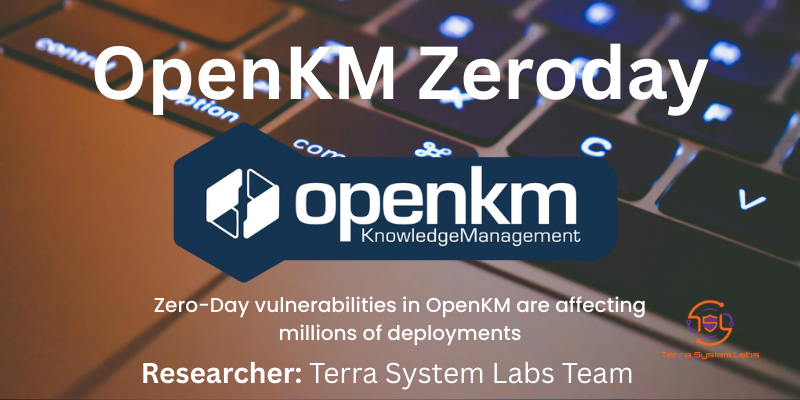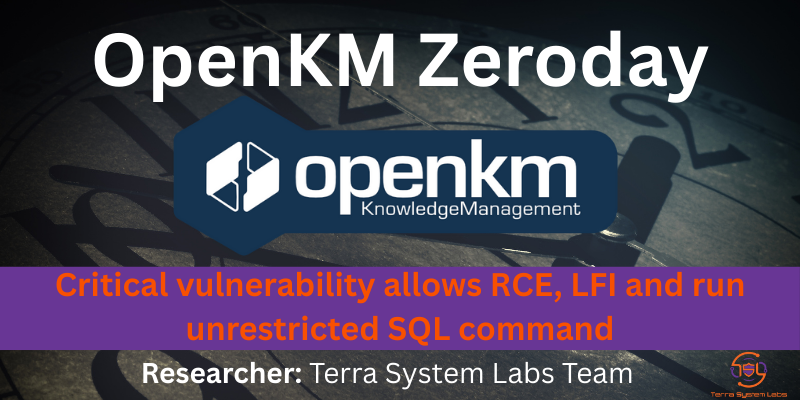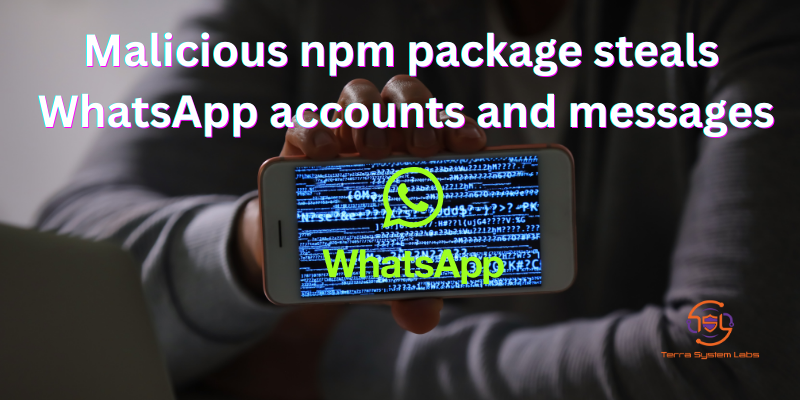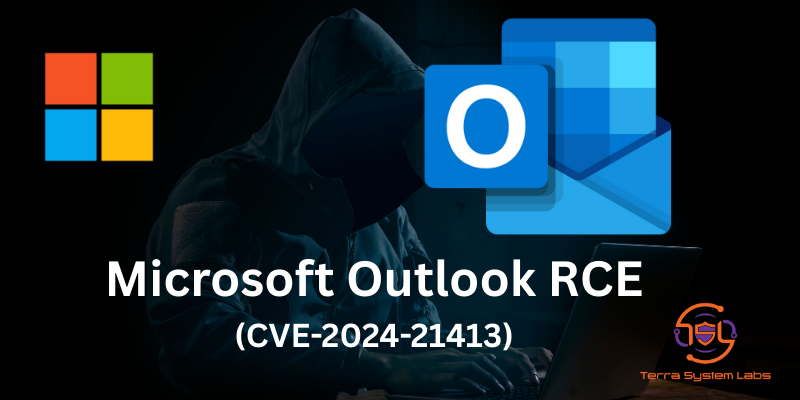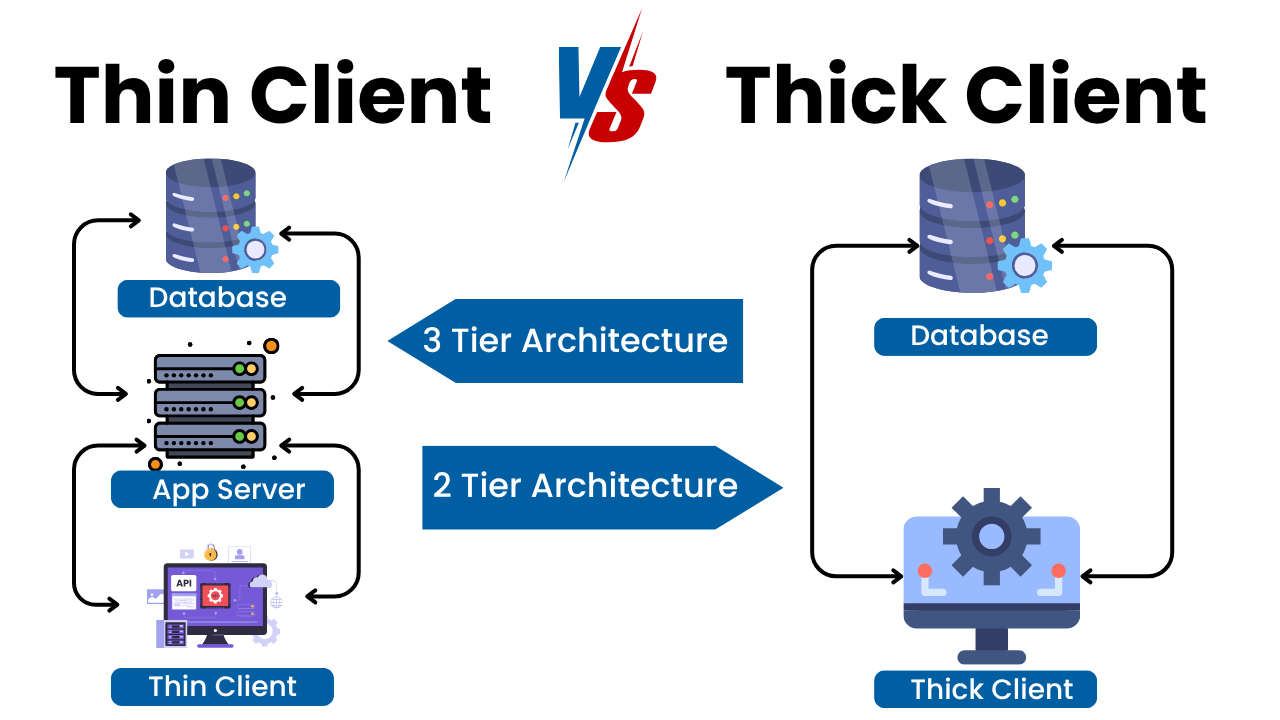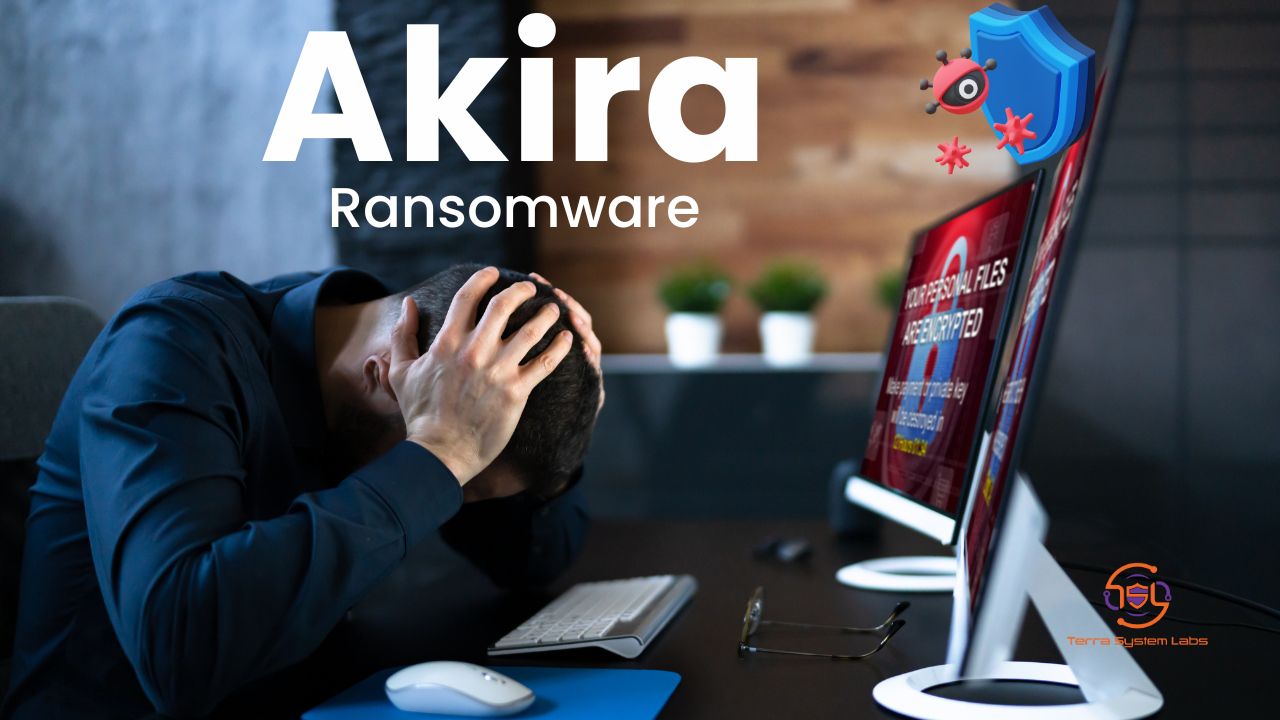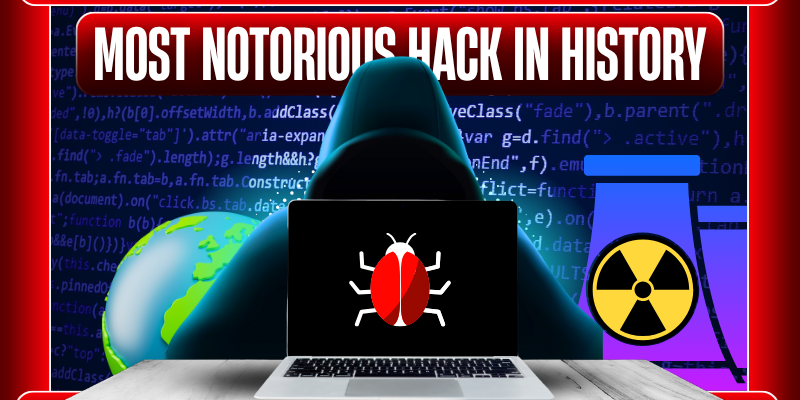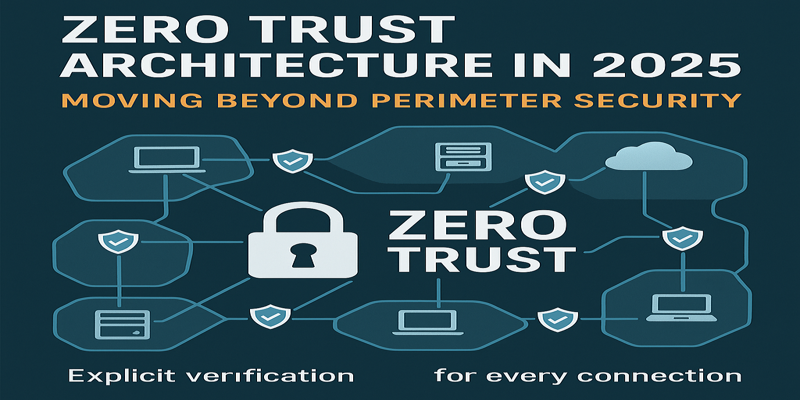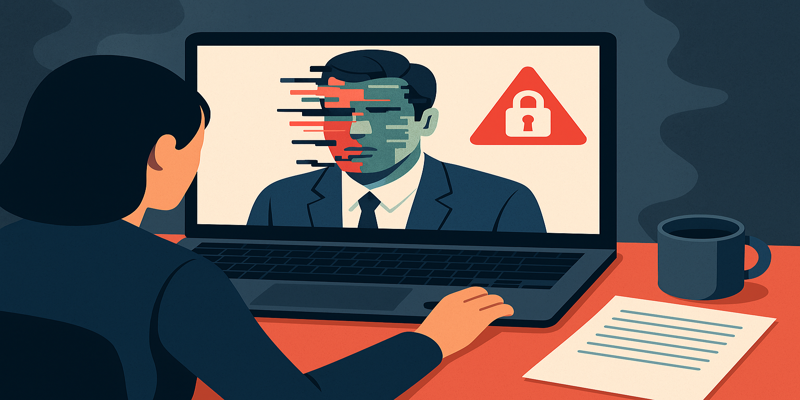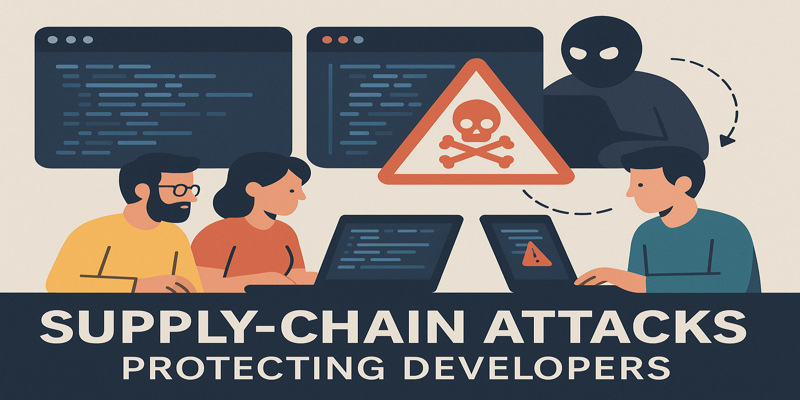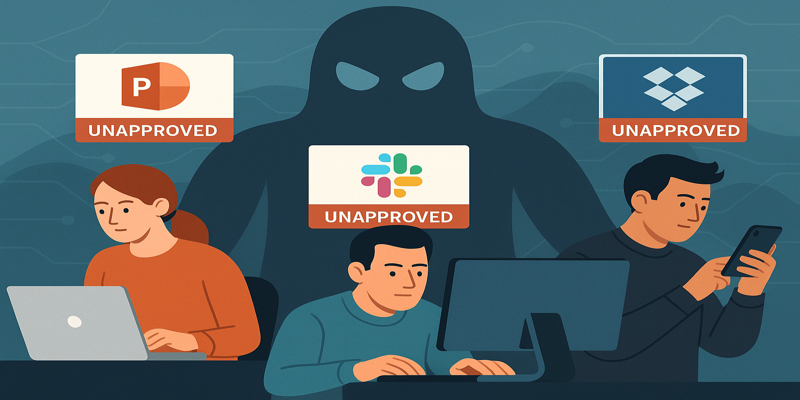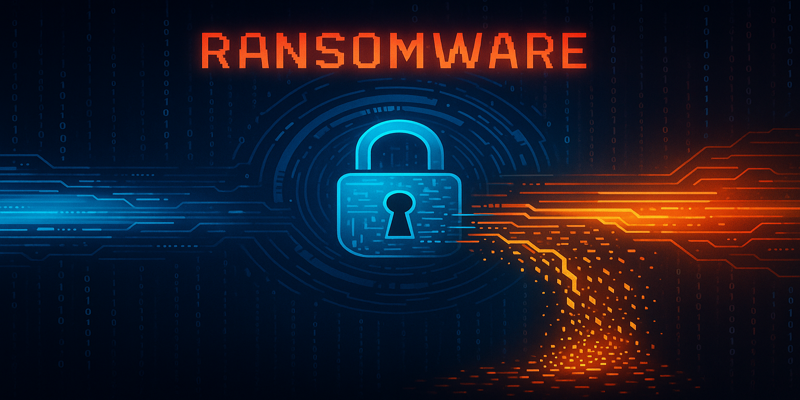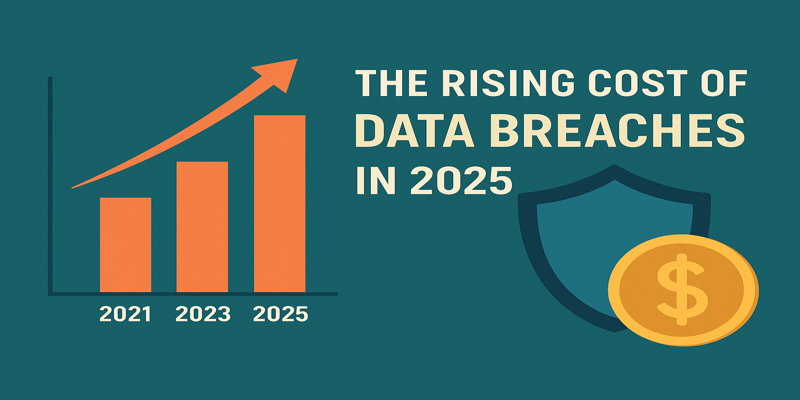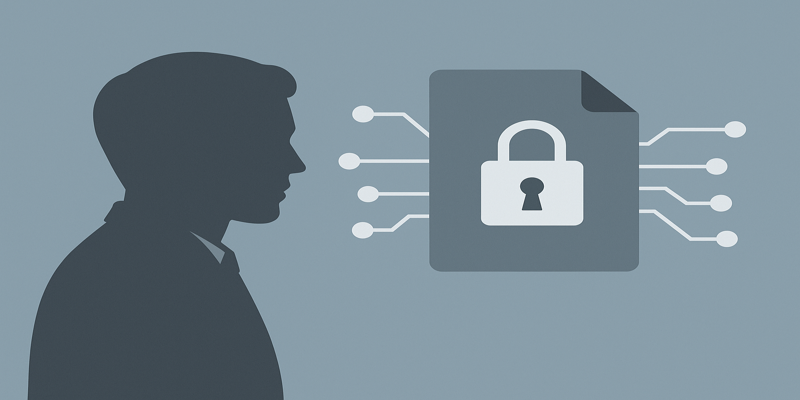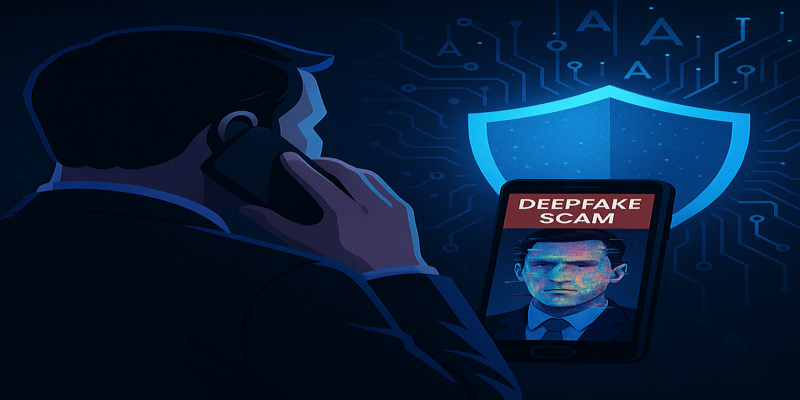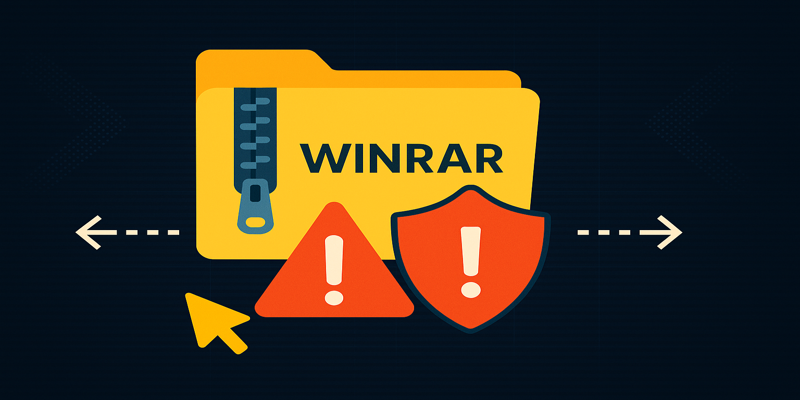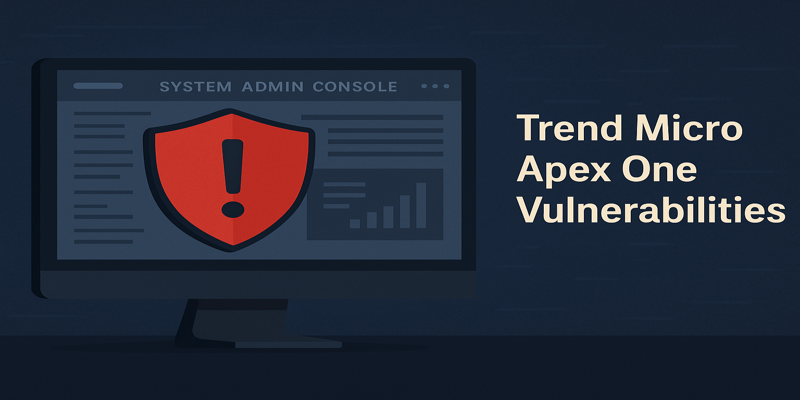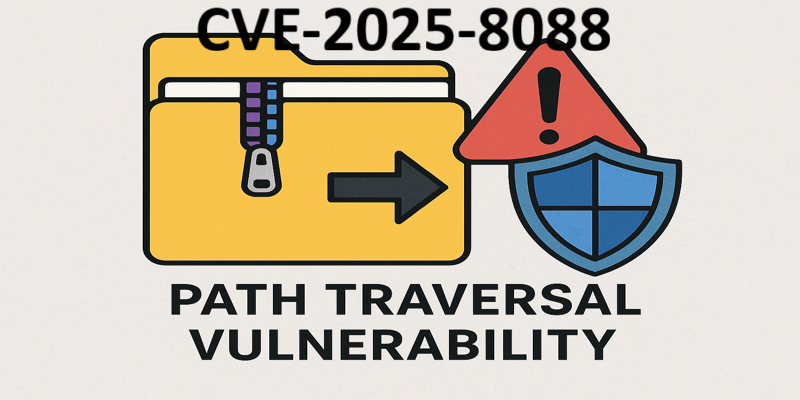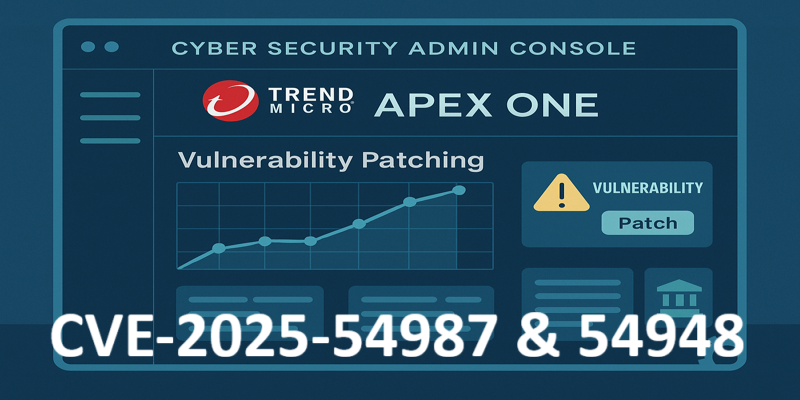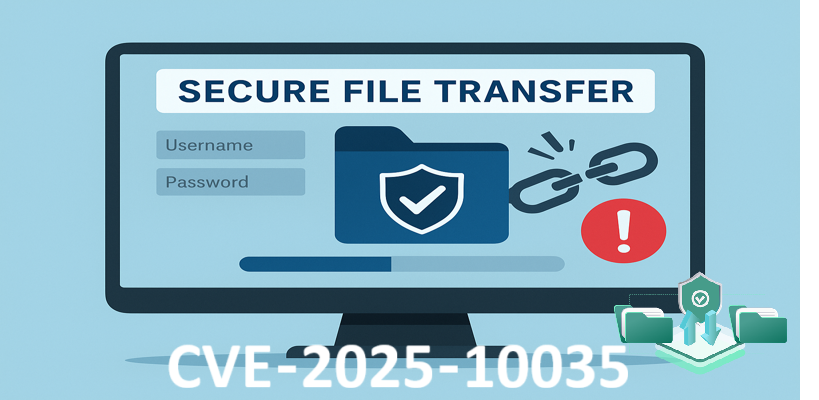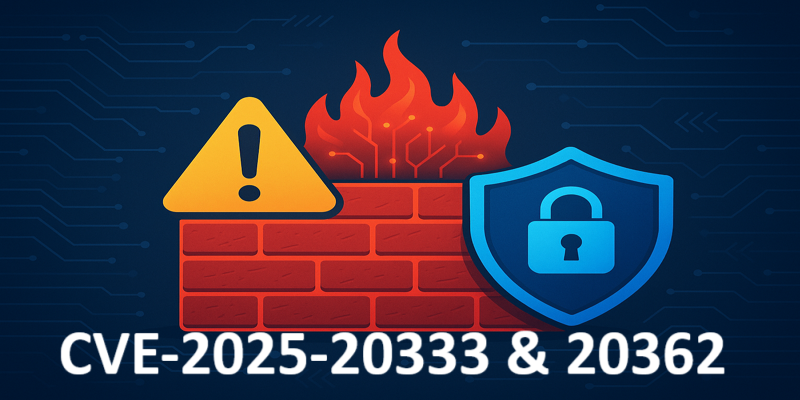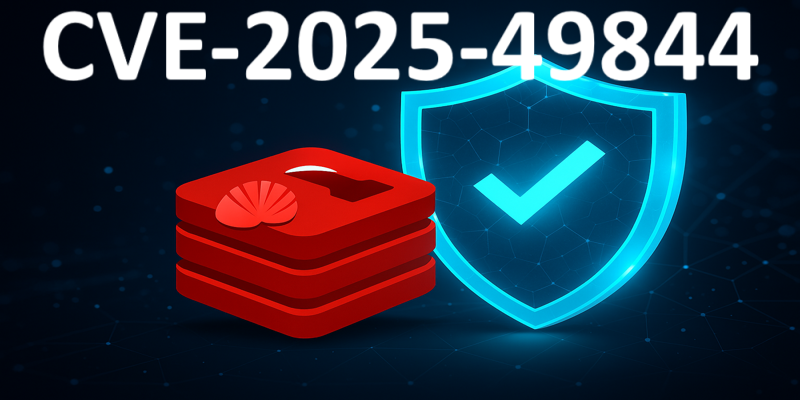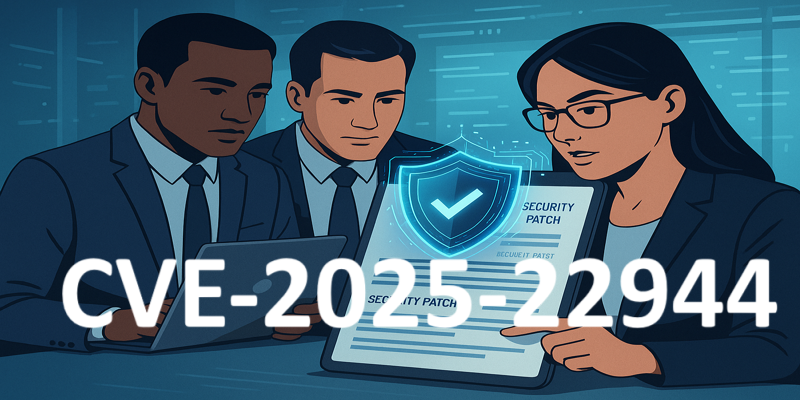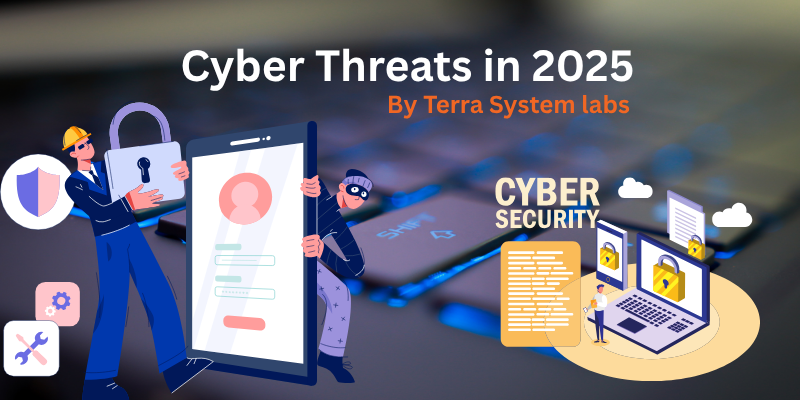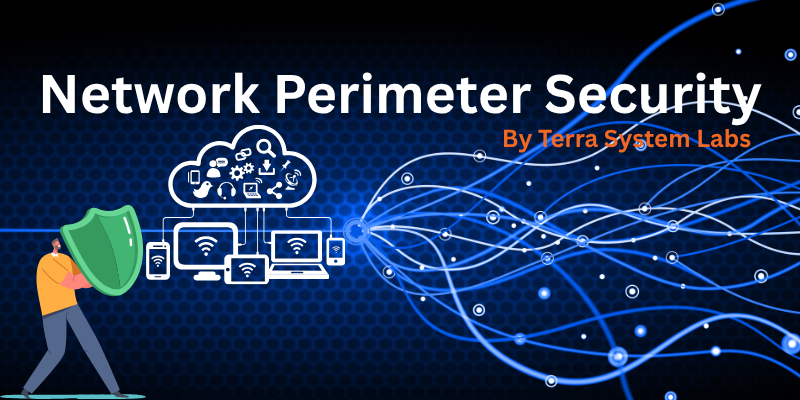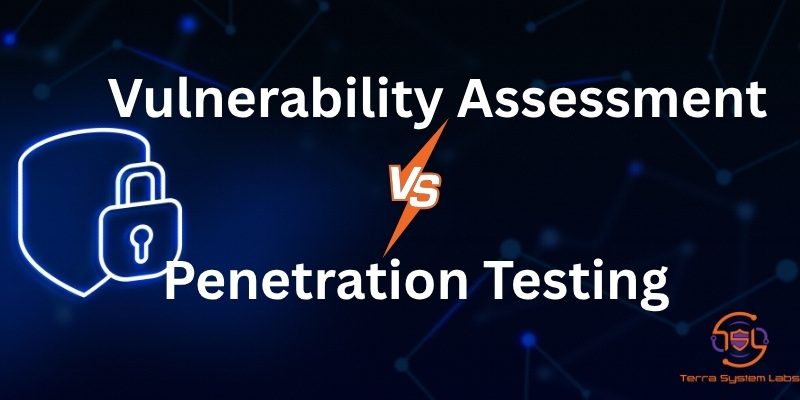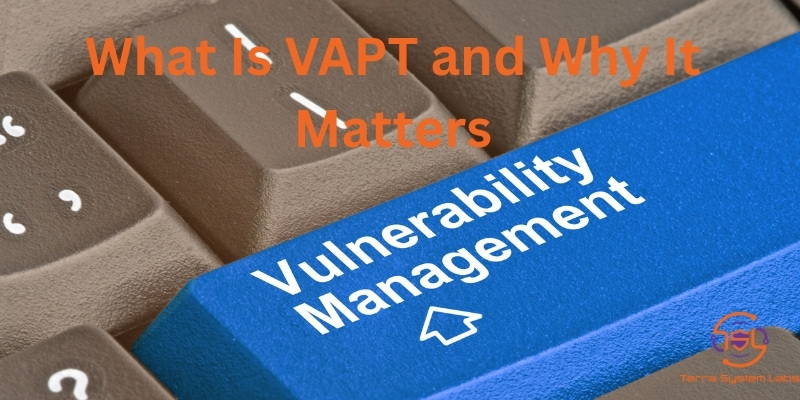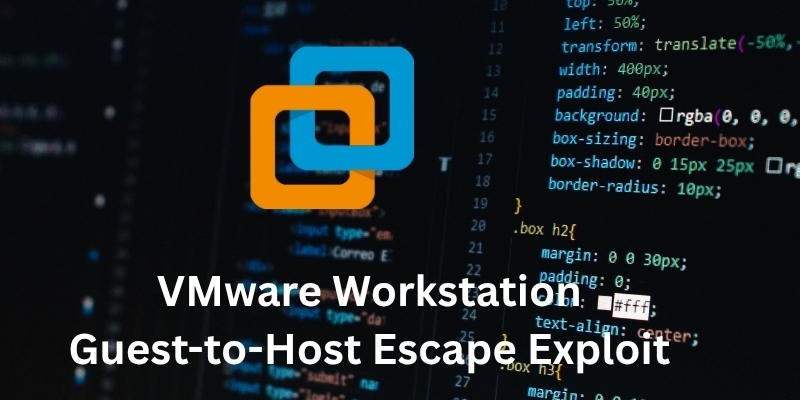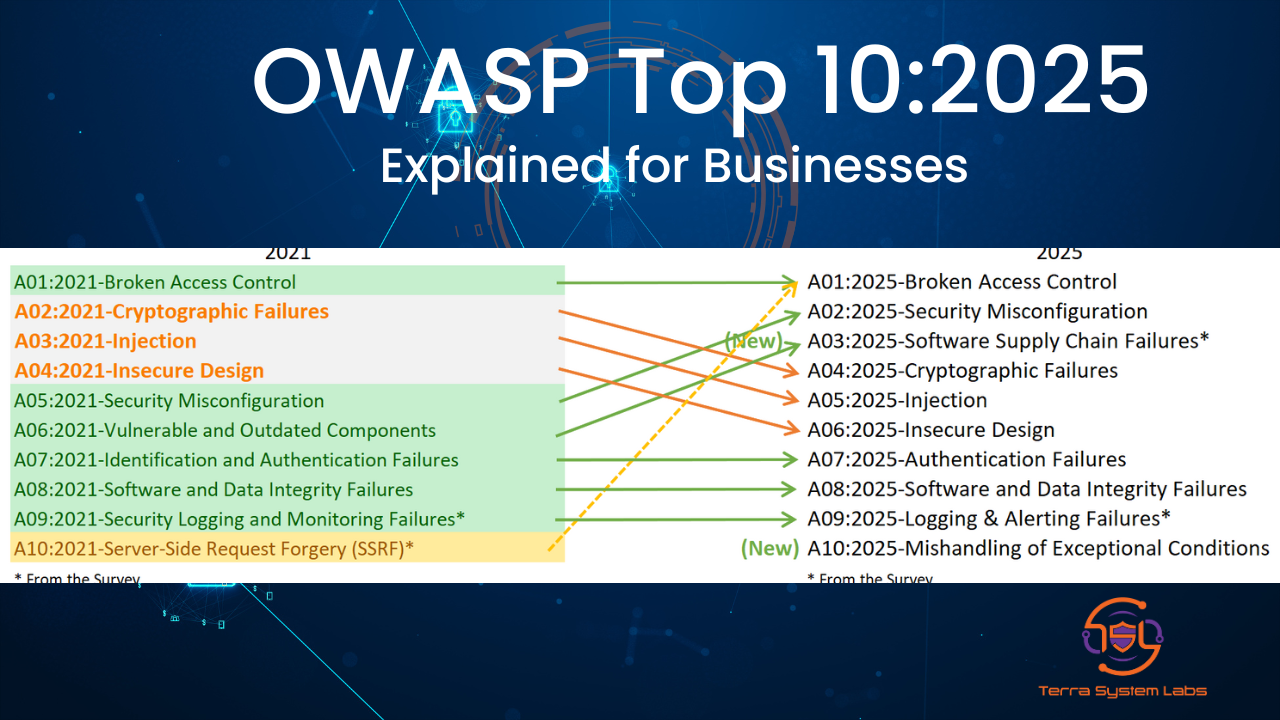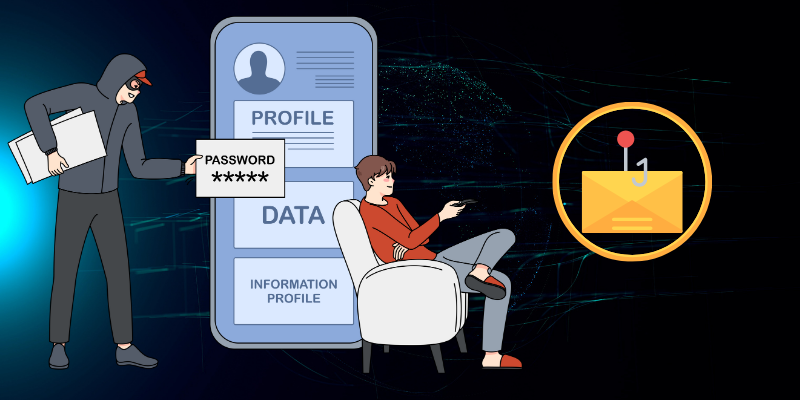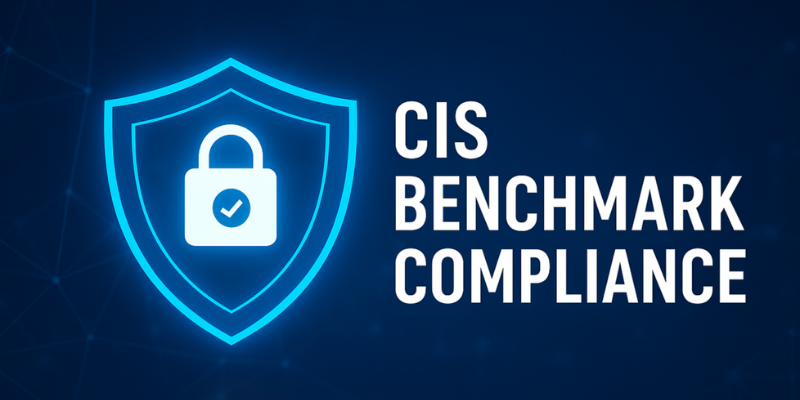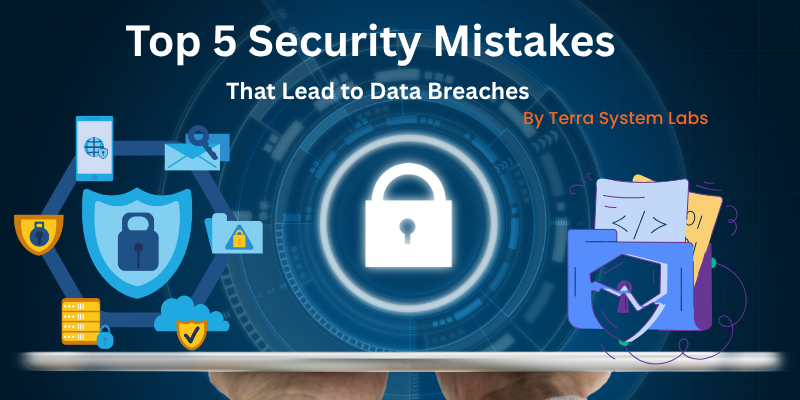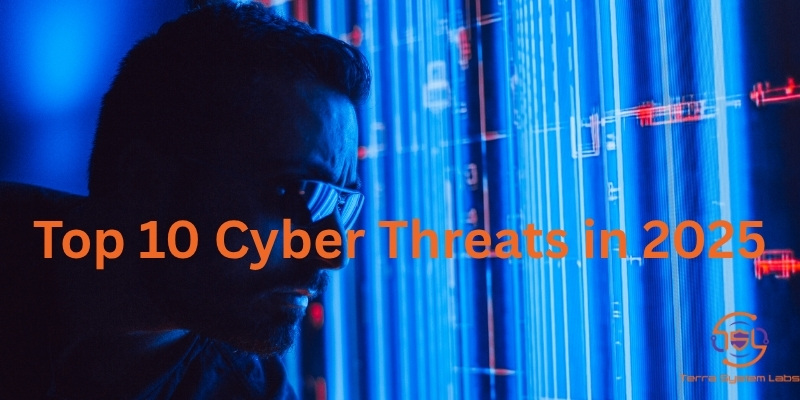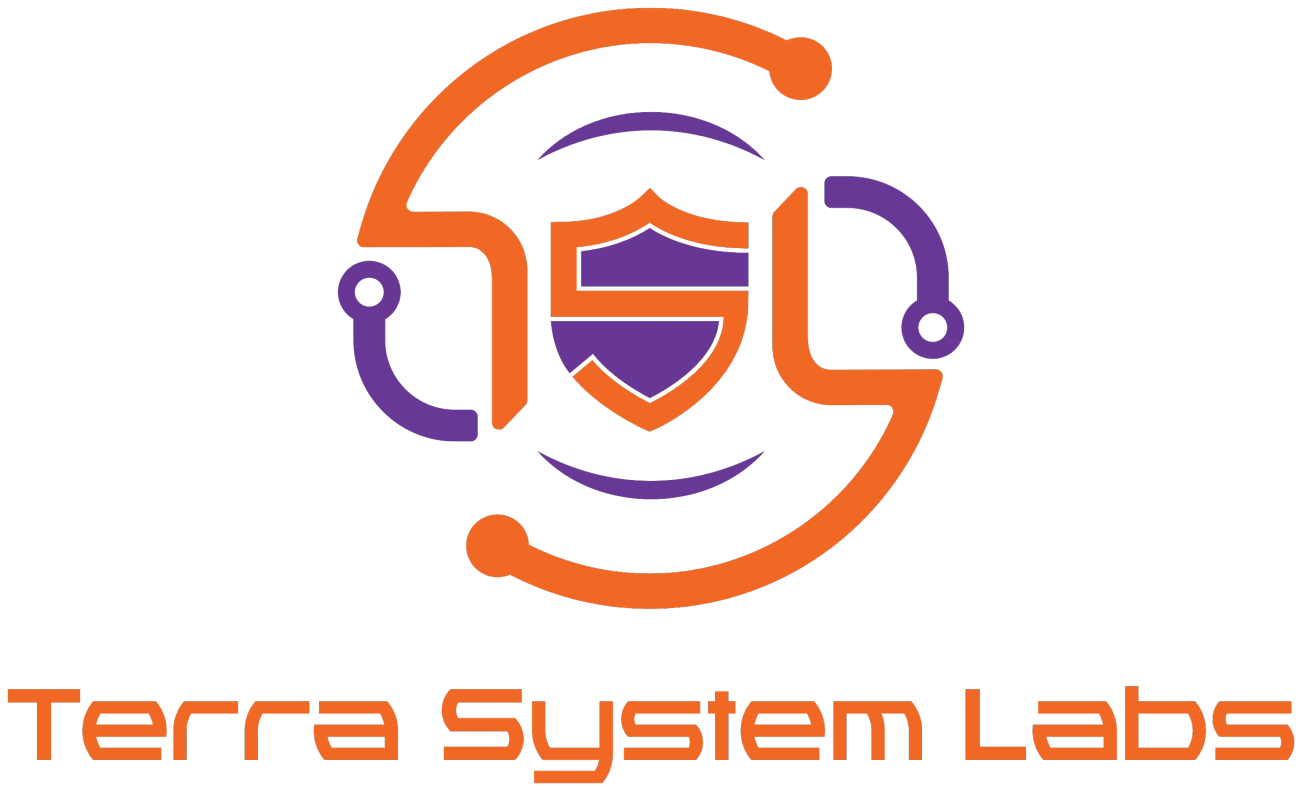Deepfake & AI‑Powered Phishing in 2025: Recognizing and Stopping Synthetic Scams
Artificial intelligence has opened new avenues for attackers to create highly convincing phishing messages, audio, and video. According to reports from cybersecurity researchers, modern phishing campaigns increasingly use generative AI to craft personalized emails, text messages, and even deepfake videos that mimic executives’ voices and faces. These AI tools remove many of the telltale spelling mistakes and awkward phrasing that once exposed phishing attempts. Attackers can scrape an executive’s public videos, train a model, and then generate a deepfake video or voice call instructing finance personnel to transfer funds or share credentials. Because the request appears to come from a trusted source, victims may receive the call and comply without suspicion.
The Rise of Deepfake Awareness Training
Experts highlight the growing importance of deepfake awareness training in 2025. Such training teaches employees how attackers manipulate audio, video, and AI avatars to deceive them. Staff learn to recognize signs of synthetic content, including unnatural facial movements, mismatched eye blinks, delays between lip movement and audio, and subtle distortions. These programs also emphasize verification techniques—such as calling the sender on a known number or using a separate communication channel before acting on sensitive requests.
Another critical component is AI scam awareness, which helps employees understand how generative AI tools can be used to create fake job offers, chatbot scams, and romance frauds that appear genuine and personalized. Awareness and skepticism are key defenses against these evolving social engineering tactics.
How to Spot Synthetic Scams
Recognizing AI-powered phishing and deepfakes requires more than just reading emails carefully. Below are some practical detection and prevention tips:
- Listen closely for unnatural intonation or glitchy audio/video artifacts: Even high-quality deepfakes often struggle with consonants, lighting consistency, or background noises.
- Verify urgent requests: Confirm payment or data-sharing requests through a different communication channel. Attackers rely on urgency to bypass rational checks.
- Check domain names and email addresses: AI-generated messages may still originate from look-alike domains or free email services.
- Use multi-factor authentication (MFA): This adds a second layer of protection even if credentials are compromised.
- Adopt zero-trust policies: Validate users and devices continuously instead of relying on static network perimeters.
Building Resilience Through Training and Controls
Security teams should incorporate deepfake simulations into phishing drills. Exposing employees to realistic synthetic scenarios helps them build the confidence to question unusual requests. In parallel, organizations should enforce technical safeguards such as:
- Email authentication protocols: Implement DMARC, SPF, and DKIM to prevent spoofed emails from reaching users.
- Callback verification workflows: Require secondary confirmation for financial or high-impact approvals.
- Awareness programs: Conduct regular workshops to keep teams updated on the latest AI scam tactics and response strategies.
At Terra System Labs, we offer tailored security awareness programs covering deepfake detection, AI scam identification, and secure communication habits. Our penetration testing and incident response assessments identify weak points and prepare organizations to respond effectively to synthetic impersonation attempts. These exercises can be conducted safely within a controlled training environment, ensuring minimal disruption to real-world operations.
Stay Vigilant Against Synthetic Threats
As AI tools become more accessible, synthetic scams will continue to rise in frequency and sophistication. Don’t let your organization fall victim to a faked face or voice. Prepare your staff, strengthen your internal processes, and stay alert to emerging threats. With a combination of vigilance, ongoing training, and expert guidance from Terra System Labs, you can outsmart even the most convincing AI-powered attackers.
Recent Posts
